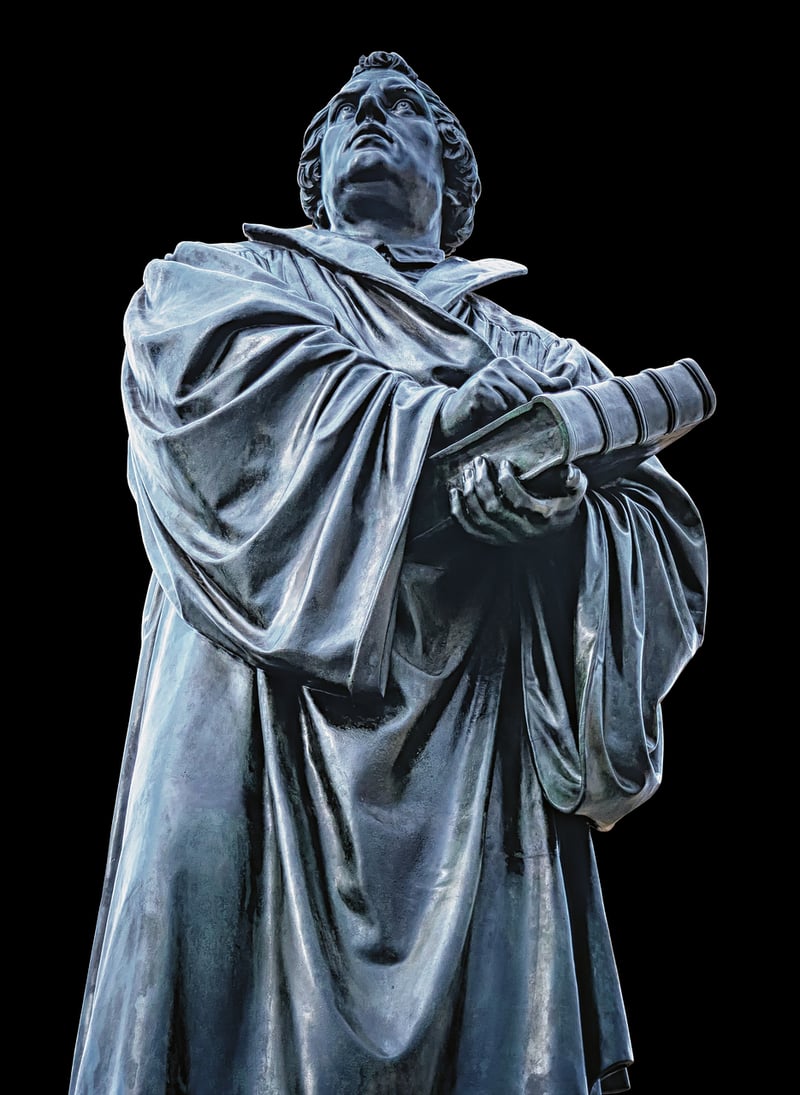Historical Impact
The Moral Implications and Historical Impact of the Civil Rights Movement
The Civil Rights Movement in the United States was a pivotal moment in history that brought about significant moral implications and historical impact. This movement, which took place primarily in the 1950s and 1960s, aimed to end racial segregation and discrimination against African Americans and promote equal rights for all citizens.
Moral Implications
At its core, the Civil Rights Movement raised important moral questions about equality, justice, and the inherent dignity of all individuals. It challenged societal norms and demanded that people confront their own biases and prejudices. Leaders such as Martin Luther King Jr., Rosa Parks, and Malcolm X inspired millions to take a stand against injustice and fight for a more just and equitable society.
Historical Impact
The impact of the Civil Rights Movement reverberated far beyond its immediate goals. The passage of key legislation, such as the Civil Rights Act of 1964 and the Voting Rights Act of 1965, transformed the legal landscape and dismantled many discriminatory practices. These laws laid the foundation for greater equality and paved the way for future social justice movements.
Key Events
- Montgomery Bus Boycott (1955-1956)
- March on Washington for Jobs and Freedom (1963)
- Selma to Montgomery March (1965)
Legacy
The legacy of the Civil Rights Movement is still felt today. It inspired marginalized communities worldwide to fight for their rights and brought attention to the ongoing struggle for racial and social justice. While progress has been made, challenges remain, highlighting the ongoing importance of upholding the principles of equality and justice for all.
Image Gallery


For more information on the Civil Rights Movement, visit History.com.
